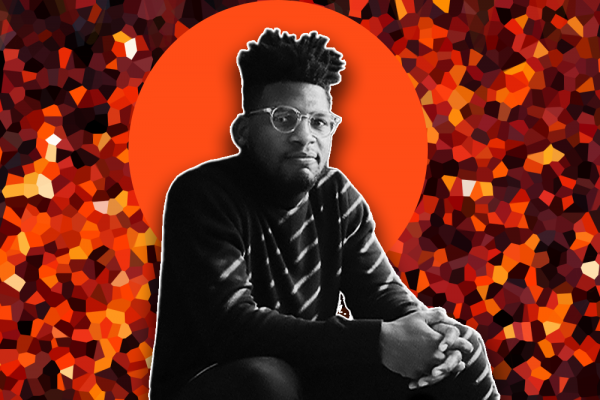Oct 8, 2021
Danté Stewart is a product of two of the most powerful traditions in the United States: the Black Christian tradition and the Black literary tradition. In his new book, Shoutin’ in the Fire: An American Epistle, Stewart traces how these traditions have touched his life and why he believes they can heal the Christian church and the United States.
Read the Full Article

Already a subscriber? Login
